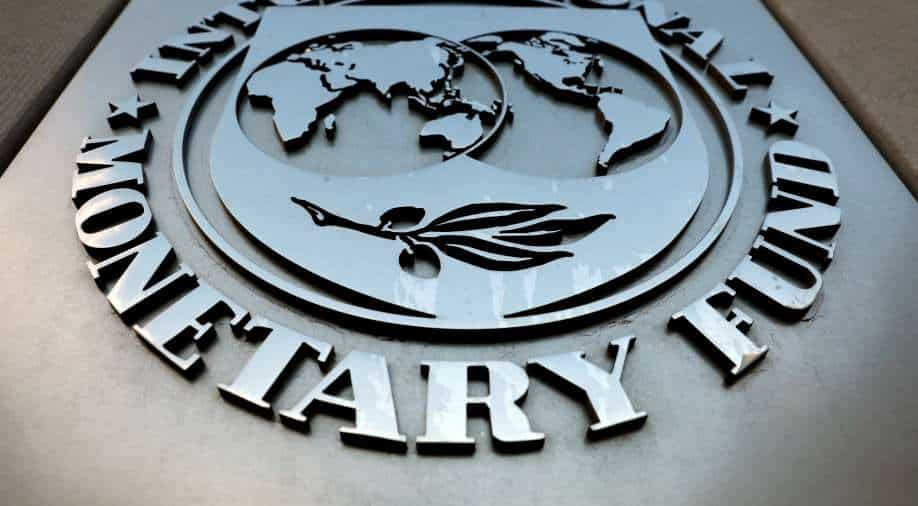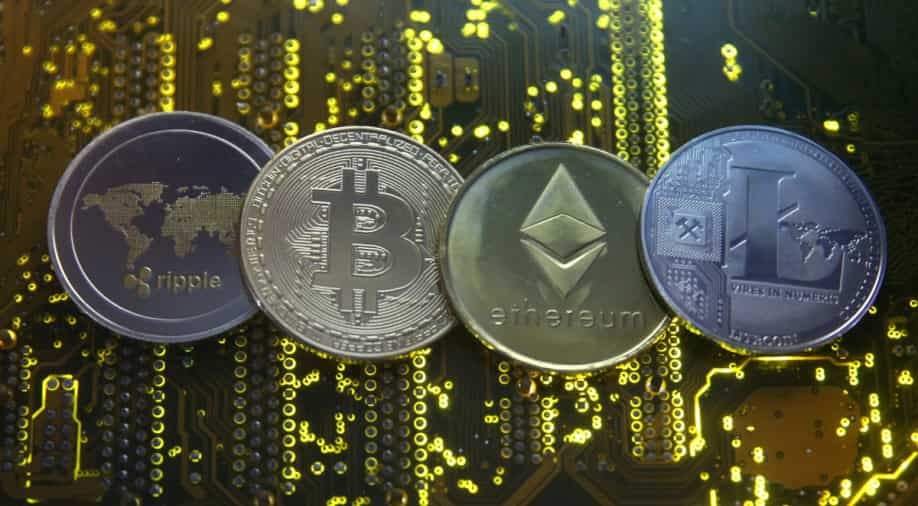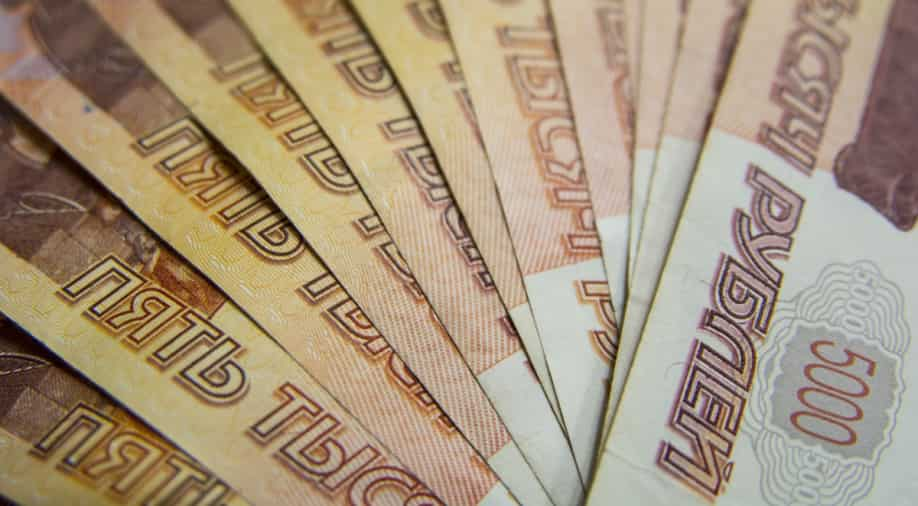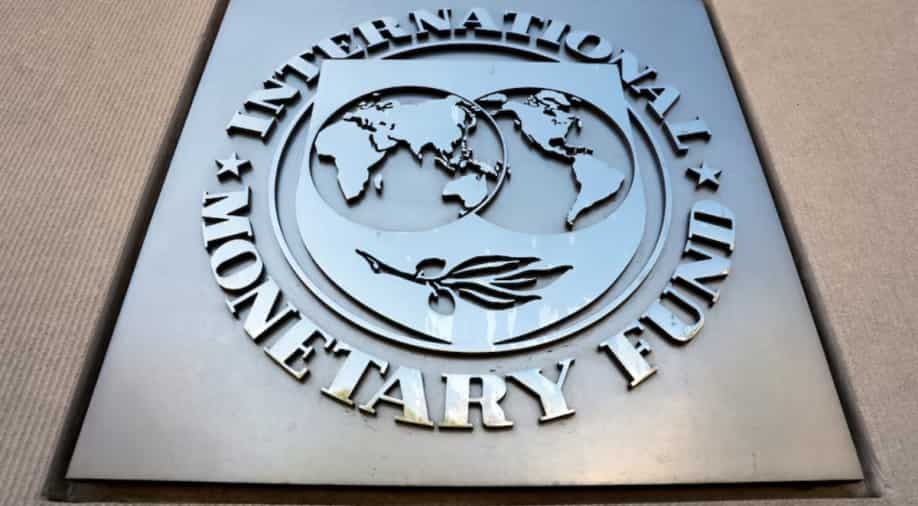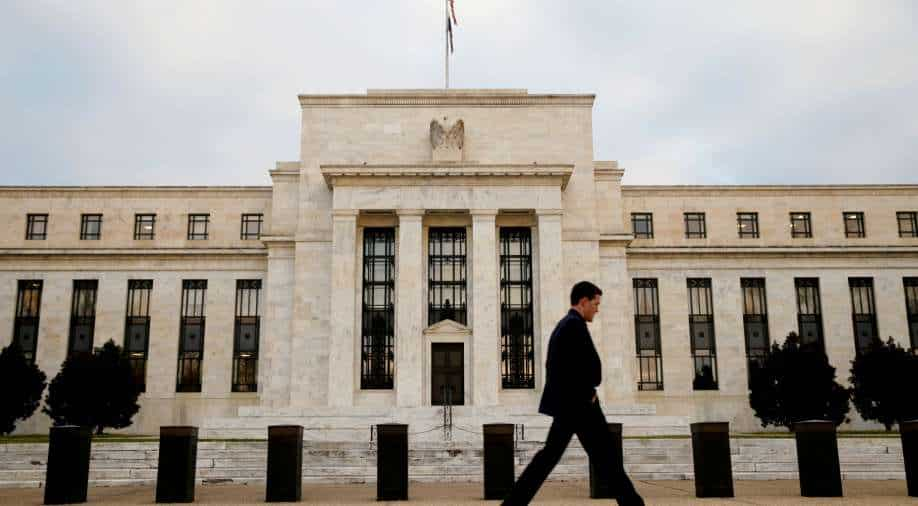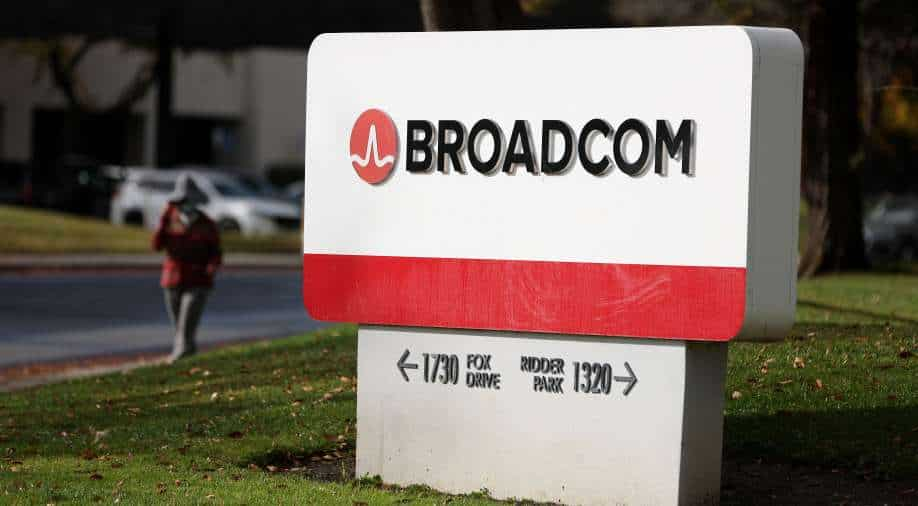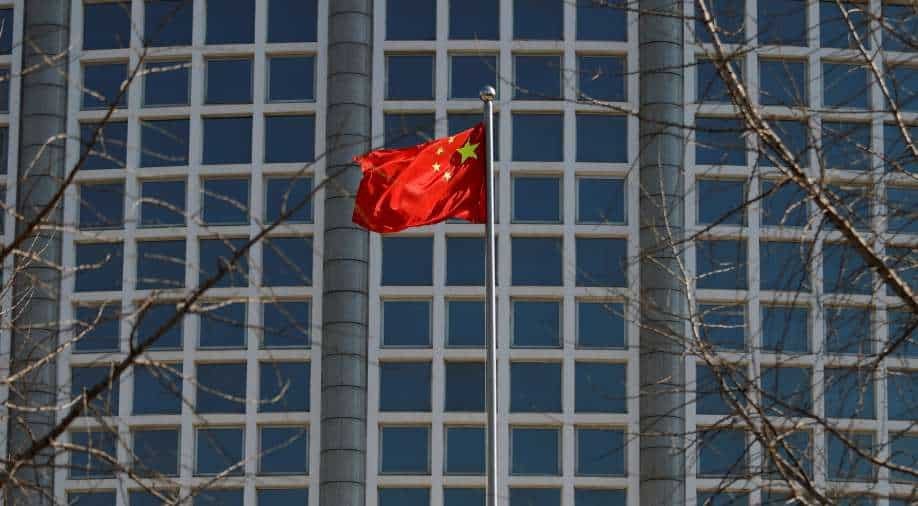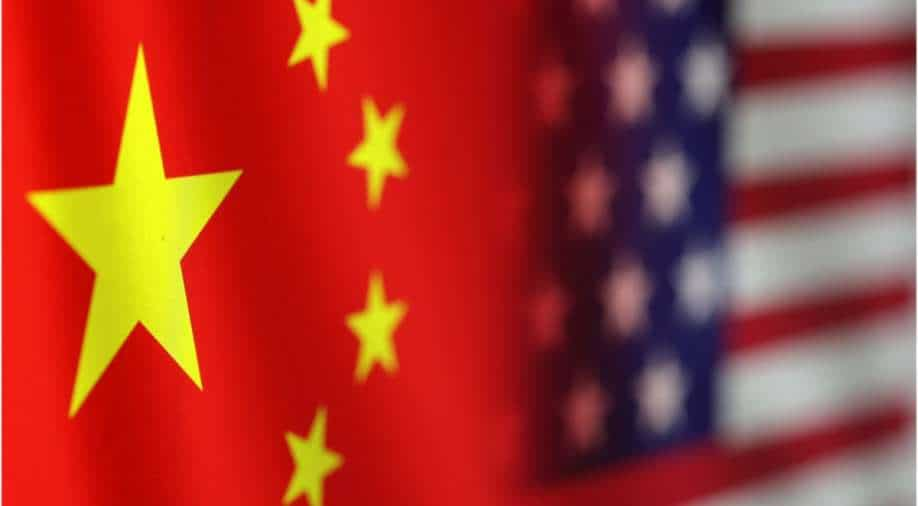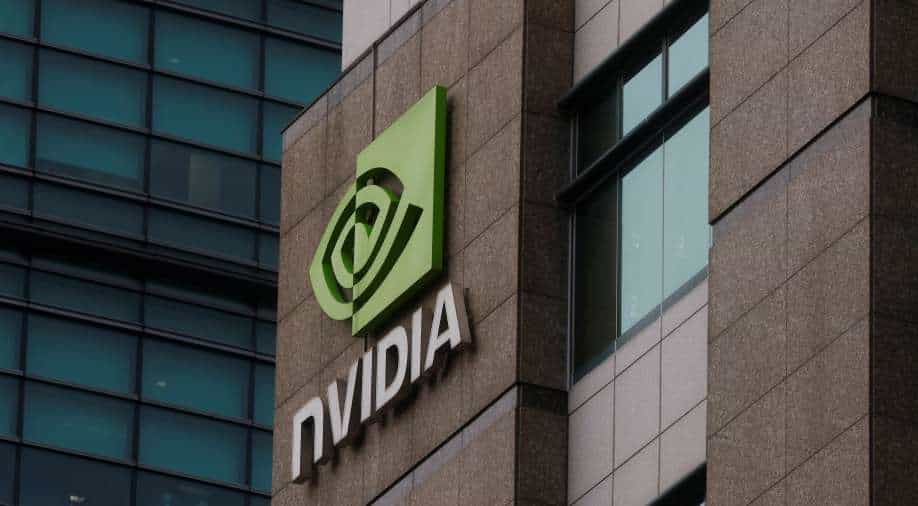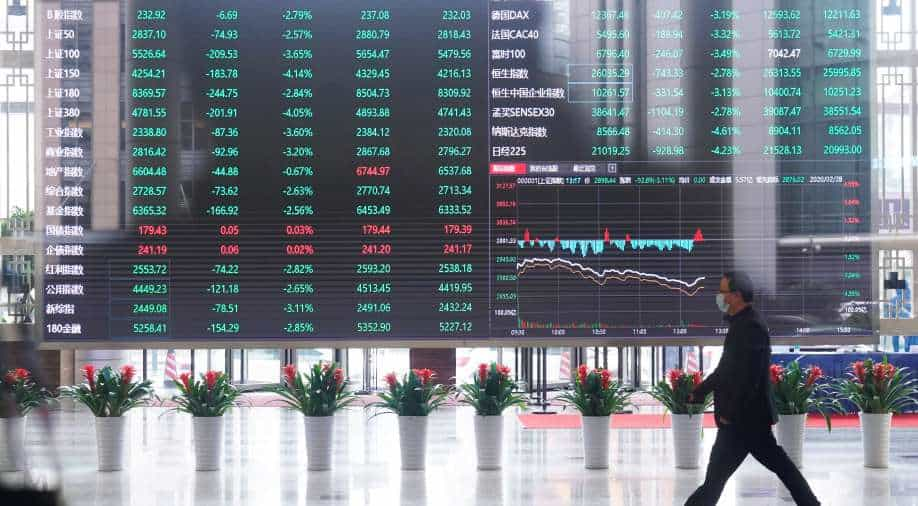With South Korea's political scenario in shambles, the country's stock market is at risk of slipping even further behind Taiwan, a formidable tech rival that is enjoying the fruits of the worldwide AI boom. This year, Taiwan's stock benchmark, with a near-30 per cent jump, is on course to have its greatest performance since 2009. This has contributed to a historic divide between the two tech-dominated markets in Asia. Thanks to the growing reliance on Taiwanese enterprises by global AI powerhouses like OpenAI, Nvidia, and Microsoft, the island's market capitalisation has surpassed South Korea's by almost $950 billion. On the other hand, South Korea's KOSPI index has been one of the worst-performing major market indices globally, falling by about 8 per cent this year. Its performance gap with TAIEX of Taiwan has widened further this month. Many investors view Taiwan as less susceptible to increased tariffs by the incoming US president, Donald Trump, next year. Those views come despite both export-oriented economies at risk from trade tariffs. The reason is that American corporations rely on Taiwan's technology, and as a result, the Asian country has relatively better economic prospects. The recent uptick in investments in Taiwan's stocks, together with this sanguine outlook, bodes well for the Taiwanese dollar, which has performed better than the Korean win so far in 2024. Charu Chanana, Chief Investment Strategist at Saxo Markets in Singapore, said, "The structural theme of AI is likely only to get extended further, and this means we could see another year of Taiwan outperformance." Chanana added, "The Korea discount may linger for longer given the recent political debacle, and the corporate governance reforms will have to be prioritised to get any closer to erasing this discount." Yoon Suk Yeol, President of South Korea, is battling for his political life following the failure of his attempt to temporarily impose martial law in parliament to break a deadlock. The instability has dampened optimism for the country's future and might affect Yoon's much-touted corporate value-up initiative. This aims to increase shareholder returns and eliminate the so-called Korea discount, the historically low prices of Korean stocks. None
Popular Tags:
Share This Post:
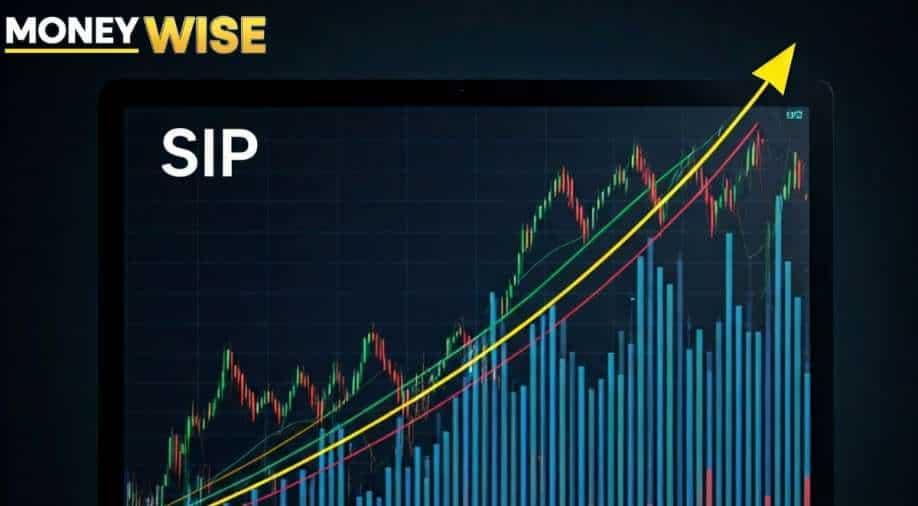
Money-Wise: Planning to become a SIP expert? Here are some golden rules to reap profits
December 20, 2024
US economy expanded faster in third quarter than originally estimated: Data
December 19, 2024What’s New
Fed's rate cut sparks inflation concerns, market selloff
- By Sarkai Info
- December 19, 2024
Spotlight
China's regulators vow to stabilise property, stock markets
- by Sarkai Info
- December 16, 2024
Ghana's president-elect says IMF deal to cap radical reforms
- by Sarkai Info
- December 16, 2024
Today’s Hot
-
- December 15, 2024
-
- December 15, 2024
-
- December 15, 2024
Fed to cut rates once more before slowing the pace in 2025
- By Sarkai Info
- December 14, 2024
Broadcom sees massive opportunity over the next three years
- By Sarkai Info
- December 14, 2024
China struggles with deflation and looming trade battle
- By Sarkai Info
- December 14, 2024
Featured News
Bezos prepares for new administration amid Kuiper delays
- By Sarkai Info
- December 14, 2024
Latest From This Week
Russia faces delays in trade settlements caused by US pressure
BUSINESS-ECONOMY
- by Sarkai Info
- December 13, 2024
China steps up stimulus to recharge growth ahead of US tariffs
BUSINESS-ECONOMY
- by Sarkai Info
- December 13, 2024
From TikTok to Nvidia, The US-China tech war is getting uglier
BUSINESS-ECONOMY
- by Sarkai Info
- December 13, 2024
Subscribe To Our Newsletter
No spam, notifications only about new products, updates.
Popular News
Top Picks
US weighing new, harsher sanctions on Russia's lucrative oil trade
- December 12, 2024
China gets a head start on a looming trade war with the US
- December 12, 2024
World Bank predicts Myanmar's economy to contract this year
- December 12, 2024




